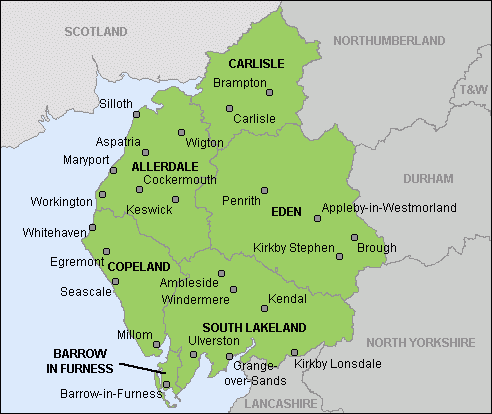A new locale, a new investigator, a new approach for this jaded reader of police procedurals.
The protagonist, Owen Irvine, was once in policing and then spent a decade investigating social benefits fraud for the local council in Cumbria.

His past in policing is murky, and no doubt more of his backstory will emerge. Ho, hum. Backstories do not a front story make.

Tracing penny-ante fraudsters is not much fun for Owen but there are challenges. Mostly though his prey are single mothers trying to squeeze a few more quid from the system for their kiddies, or so they say despite the new car in front, the satellite dish on the roof, and the ashtray full of St Tropez cigarette stubs on the table.
Owen is numb, having heard all the lamebrain excuses before, each told as if unique.
Not only does the council squeeze the pounds it pays to claimants, it also squeezes those it pays to the investigators, and the chopping block has Owen’s name on it. While his record is the best, it is too good, because he has banged up more than one relative of a councillor. In this and several other ways, the plot is leaden.
Then he meets one fraudulent claimant who is different. It is another woman, but one without excuses to offer, who seems educated, and smart, and who admits her crime, and yet …. she was desperate enough to pull a stupid stroke for a few hundred quid.
Owen breaks his own rule and asks why? He has never had to ask before. Always before he is told an avalanche of reasons he does not want to hear, because he is only serving the injunction, not making the decision. This one, Clare, tells him reluctantly a story about a man who deceived her, took advantage of her, and drained her bank account.
He passes the story onto a comrade in arms at his old nick, and, by the legerdemain of crime fiction another similar case arises, and the chase is on. Well sort of.
There a reality check in this book. Time is budgeted and for a crime without violence, for a crime where there is no evidence of a crime apart from the drained bank accounts, the time allocated is half a day. Imagine what a Star Trek film would be like if there were a Star Fleet budget. No more warp engines, Captain, we are out of dilithium crystals and do not have the gold-pressed latinum to pay for more until the end of the space-year.
Ah but the recently sacked Owen, who is more or less financially independent (because he owns his home, has a vegetable patch, a trout stream, an eternal Land Rover, and few needs), has plenty of experience in finding people who do not want to be found and time on his hands.
That is the set up. A pretty good one, if only it had been told with some élan or wit.
This reader felt the boxes being ticked. Perhaps that is inevitable in the first title of the series. Owen’s backstory is forced into the foreground. To do so makes it very wordy and slow. Though Owen is supposed to be laconic and reserved, but he talks about himself incessantly to get that backstory out. To enhance Owen he is made a victim in the dismissal by the council and by implication in his earlier dismissal from the plod. A poor put-upon hero, yet again, martyr to his virtue. All of this background interferes with any interest in the foreground. The time and place are described but they take a distant second place, and that is a shame, because the regional setting is what I found attractive at the outset.
Among the compensations are some lively scenes. The puzzling interview with Clare is one. Another is with a fraudster who seems to have done it just for fun and enjoys discussing it with Owen. Then there is the police officer who is uninterested in the information Owen passes on. They have a pissing contest, as they say on Channel 7Mate. Predictable but well done.
Regrettably, but perhaps inevitably in this kind of context, all the characters sound alike, use the same speech mannerisms, idioms, and vocabulary. All the police officers sound alike, even the educated Asian woman. Indeed, Clare is only distinctive voice in the early going, and that is a plot device, to be sure, and a good one, but it emphasises how monotonic the rest are, including Owen.
 J. J. Salkeld, a very industrious writer to judge from the array of titles on Amazon. Strength to his arm.
J. J. Salkeld, a very industrious writer to judge from the array of titles on Amazon. Strength to his arm.
It is the first in a lengthy series and perhaps things come together. Time will tell, if I get back to it. I found it easy to put aside.
Skip to content
